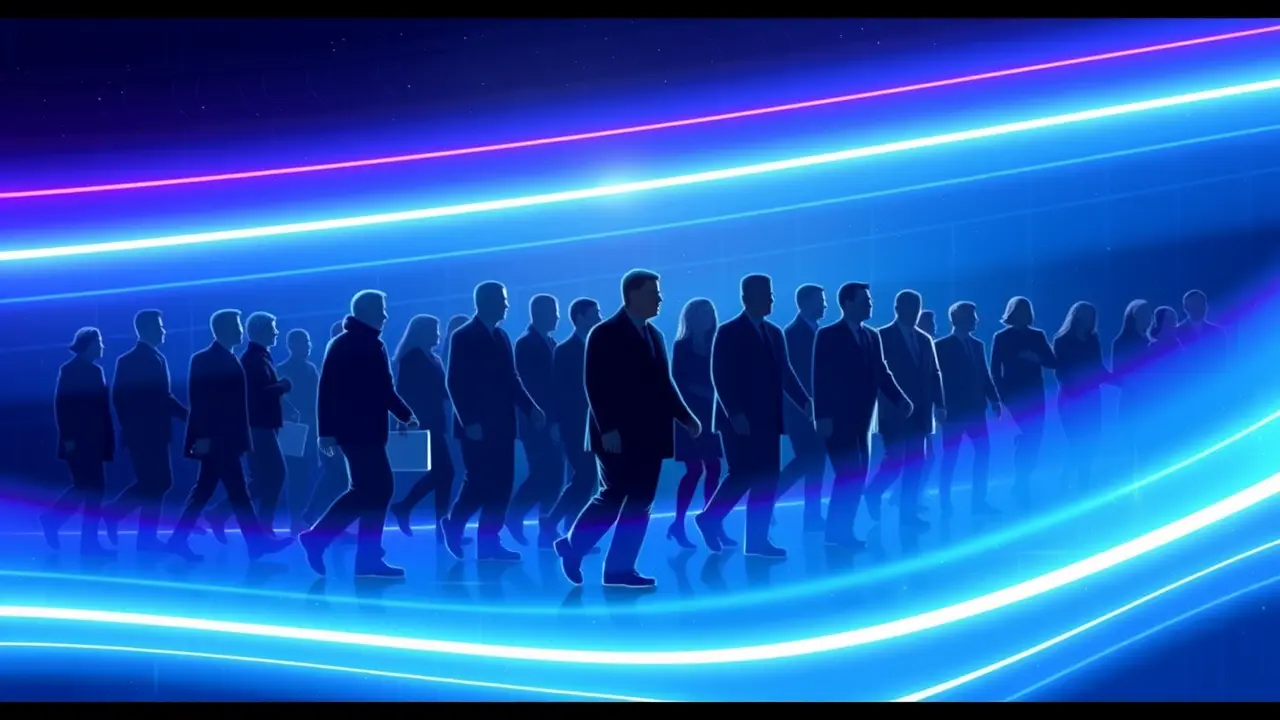
Politicshuman rightsRefugees and Migration
President Challenges Birthright Citizenship on First Day
RO
Robert Hayes
22 hours ago7 min read
In a move that sent immediate shockwaves through the constitutional bedrock of the nation, the President commenced his term with a seismic executive order directly challenging the foundational principle of birthright citizenship as enshrined in the Fourteenth Amendment. This was not a mere policy adjustment but a deliberate confrontation with a clause born from the ashes of the Civil War, a postscript to the Dred Scott decision designed to permanently settle the question of who belongs.The amendment's Citizenship Clause, stating plainly that 'all persons born or naturalized in the United States, and subject to the jurisdiction thereof, are citizens,' has long been considered a settled matter of constitutional law, a cornerstone of American national identity distinct from the blood-based citizenship models of the Old World. The executive action, however, posits a reinterpretation, arguing that the phrase 'subject to the jurisdiction thereof' excludes the children of undocumented immigrants, a legal theory that has simmered in academic and political fringe circles for decades but has now been thrust into the center of executive power.Historically, such a reinterpretation finds its most direct precedent not in American law but in the gradual erosion of *jus soli* in European nations, a trend the United States had notably resisted. The immediate legal challenges were as swift as they were predictable, with constitutional scholars and civil rights organizations preparing for a battle that will inevitably ascend to a Supreme Court whose own composition has been radically altered in recent years.The political ramifications are profound, instantly redefining the battlegrounds of immigration policy and setting the stage for a bruising national debate that touches upon the very definition of Americanness. Beyond the courtrooms, the order creates a cloud of uncertainty for hundreds of thousands of families, potentially creating a new, hereditary underclass of individuals born on U.S. soil without a clear path to citizenship, a scenario with stark parallels to historical exclusions.The international community watches with a mixture of alarm and curiosity, as a nation built by immigrants signals a potential retreat from one of its most inclusive ideals. This single-day action, therefore, is far more than a policy pronouncement; it is a deliberate gambit to reshape the demographic and legal future of the republic, a opening salvo in a conflict that pits a particular vision of national sovereignty against a long-standing, though not unchallenged, understanding of the Constitution itself. The stakes could not be higher, for the outcome will determine not only the fate of a specific clause but will also serve as a definitive statement on how the nation interprets its own foundational promises of equality and belonging in the twenty-first century.
#featured
#birthright citizenship
#Fourteenth Amendment
#executive order
#immigration policy
#voting rights
#presidential action
Stay Informed. Act Smarter.
Get weekly highlights, major headlines, and expert insights — then put your knowledge to work in our live prediction markets.
Related News
© 2025 Outpoll Service LTD. All rights reserved.











